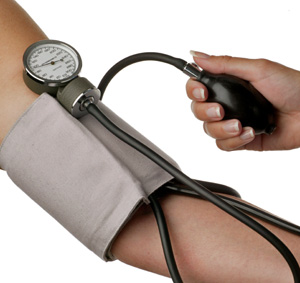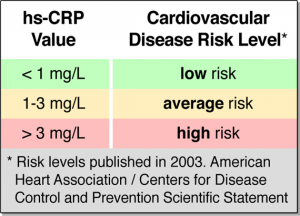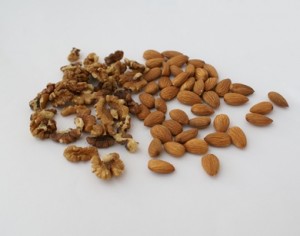A large clinical study with 42,418 men and women 55 years and older has been published in the American Medical Association Journal recently(JAMA 2002:288:2981-2997,3039). The thiazide type water pill chlorthalidone(12.5 mg to 25 mg/day) is the clear winner in this trial, called the ALLHAT trial. It stands for “Antihypertensive and Lipid-Lowering Treatment to Prevent Heart Attack Trial” and is the largest hypertension trial that was ever performed going over a period of 5 years.
In this trial a calcium channel blocker(amlodipine) and an ACE (=angiotensin converting enzyme)inhibitor(lisinopril) were tested as the initial medication and compared to chlorthalidone.There was a 15% higher risk to develop a stroke with lisinopril and a
38% increased risk with amlodipine to develop congestive heart failure when compared to the chlorthalidone group. The interesting conclusion from this study is that the least expensive therapy for high blood pressure turns out to be the safest. Another ineresting finding was that black patients responded much better to water pills than to ACE inhibitors, which had been noted before by other authors. When more than one medication is required to control high blood pressure, the dosage of the second medication can often be kept lower with a combined therapy thus reducing the likelihood of side-effects and complications.
Comments: Several decades ago the teaching was that the doctor would start a new high blood pressure patient with a water pill first, and combine this with a second or even third pill of a different medication class, if the water pill would not be effective enough on its own (it was called the “step care therapy”). For decades the side effects of the water pill consisting of low potassium blood levels brought the water pill treatment in disrepute. The original trials,however, were done with chlorthalidone doses of 50 and 100 mg per day, much higher than would now be recommended. It appears that with this study medicine has gone a full circle back to the old stand-by water pill, but at a much safer, lower dosage.
Here is a useful link (regarding hypertension): http://www.nethealthbook.com/articles/cardiovasculardisease_hypertension.php
Last edited December 10, 2012











